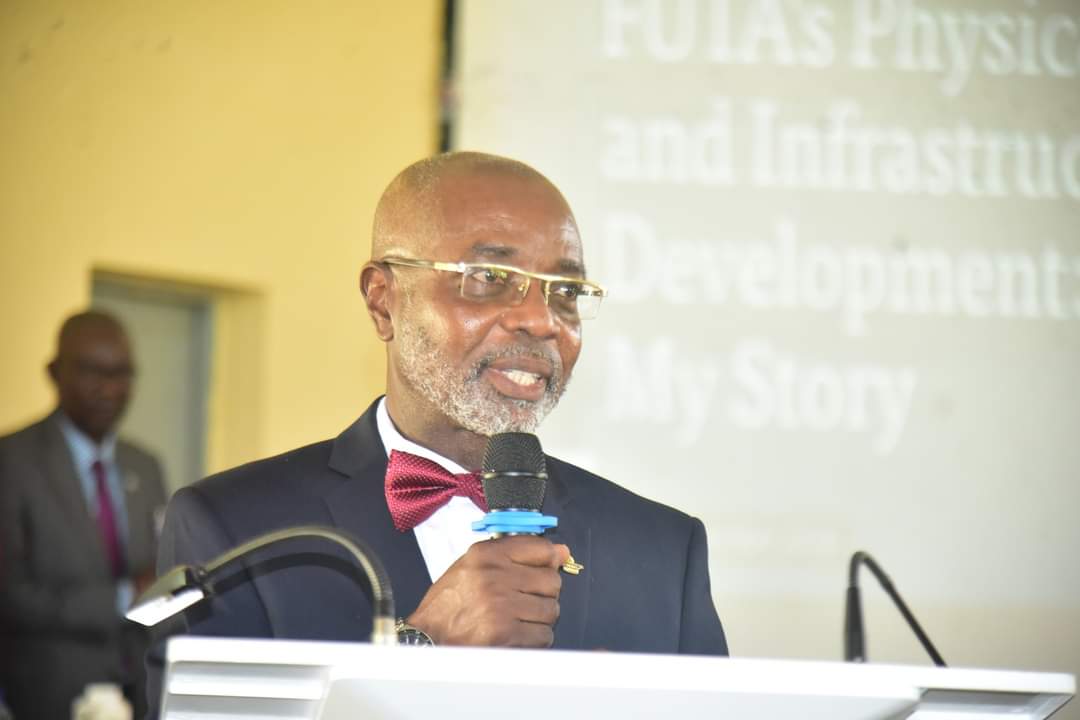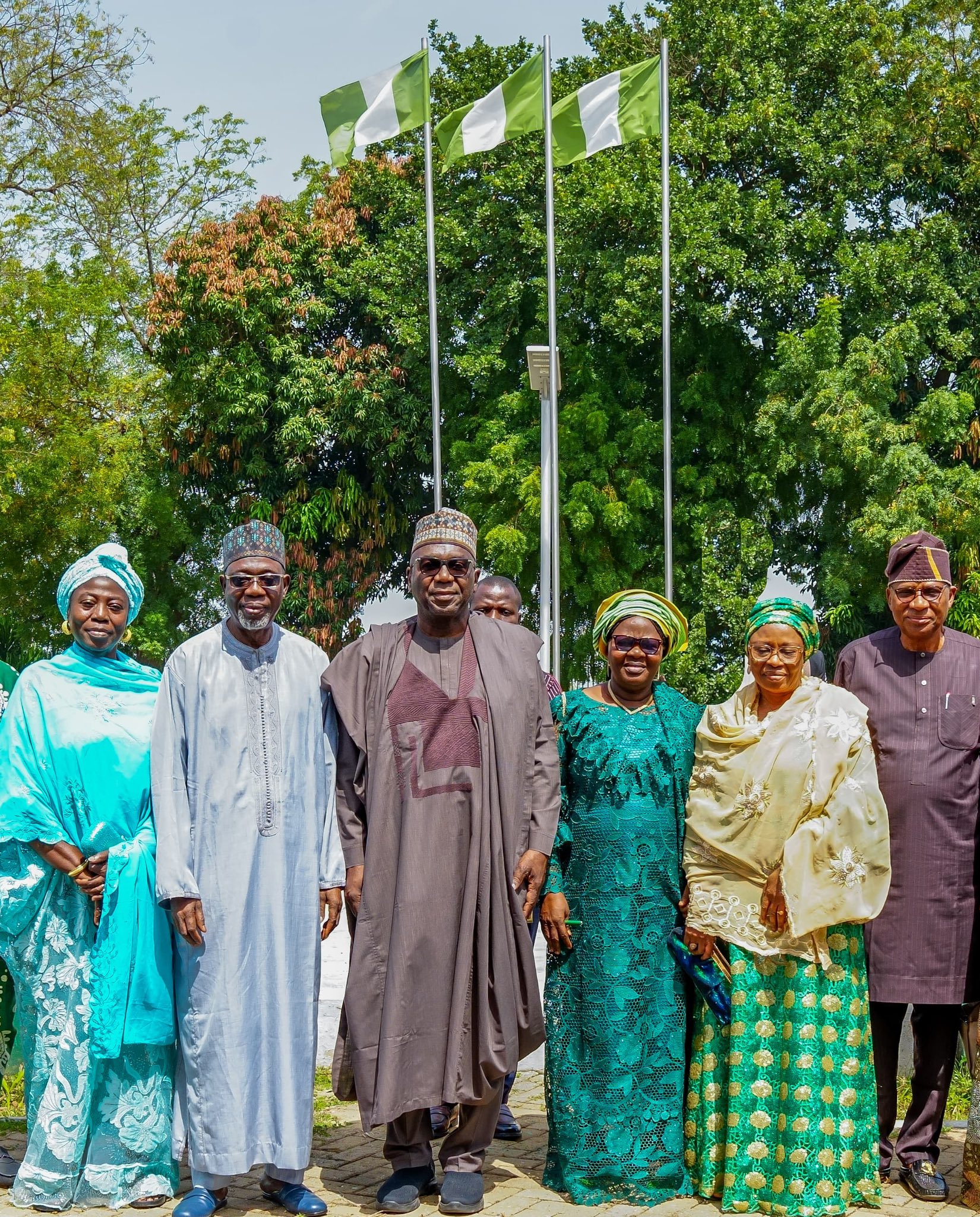Professor Abayomi Adetuyi, an expert in Fibre Science and Colour Chemistry from the Federal University of Technology Akure (FUTA), has unveiled the remarkable benefits of activated charcoal, asserting that it may surpass modern toothpaste in dental care.
Speaking at the inaugural lecture organized by the Faculty of Basic, Medical, and Applied Sciences, Adetuyi highlighted the versatile applications of activated charcoal, revealing its potential as a powerful purifier for wastewater, the human body, and even food. His lecture, titled “Activated Charcoal: An Adsorbent with a Difference for Wastewater Purification,” focused on the unique properties of charcoal when processed in an oxygen-free atmosphere.
Adetuyi emphasized that activated charcoal, derived from materials such as wood and nutshells, is not only an effective alternative to commercial toothpaste but may also provide superior results.
“Though it may look local to some people, the fact remains that it is a material in use for centuries, and it makes teeth very white, prevents mouth odor, and also keeps teeth strong and healthy. That is what I have been using for many years and it has no side effect,” he stated confidently.
He elaborated on the safety of activated charcoal, noting, “This is because it’s not toxic as the carbon element in it is in the region of six to 10 and the body can tolerate it.” Adetuyi clarified that while regular charcoal from cooking can provide some benefits, it lacks the efficacy of activated charcoal processed under controlled conditions.
The professor advised, “So, I will recommend that people should start using activated charcoal to brush their teeth as doing so would not only keep their teeth white and healthy but would also reduce their expenses on factory-made toothpaste, whose prices continue to increase every other day.”
In addition to its dental benefits, Adetuyi pointed out the broader implications of activated charcoal for environmental health. He discussed its capability to purify water contaminated by human activities, including waste and industrial chemicals. “Leaving wastewater to get to the river and seas untreated would lead to the destruction of biodiversity and aquatic ecosystems and also cause health problems for downstream users and the environment,” he warned, citing recent cholera outbreaks in various states as a stark reminder of the dangers posed by contaminated water.
The event began with a welcome address from Dr. Modupe Adetunji, the acting dean of the Faculty of Basic, Medical, and Applied Sciences, who emphasized the importance of knowledge sharing for sustainable national development. She expressed hope that the insights gained from the lecture would benefit both the academic community and relevant industries.
In closing, Vice Chancellor Prof. Kolawole Clement lauded the enlightening discourse, asserting, “The lecture had really exposed the hidden potentials embedded in activated charcoal, and now it’s left for the university to leverage the exposition to turn it into fortune and add value to society.” He announced plans to extend similar opportunities to other faculties in the future, aiming to make the lecture series a regular highlight of the institution’s academic calendar.












